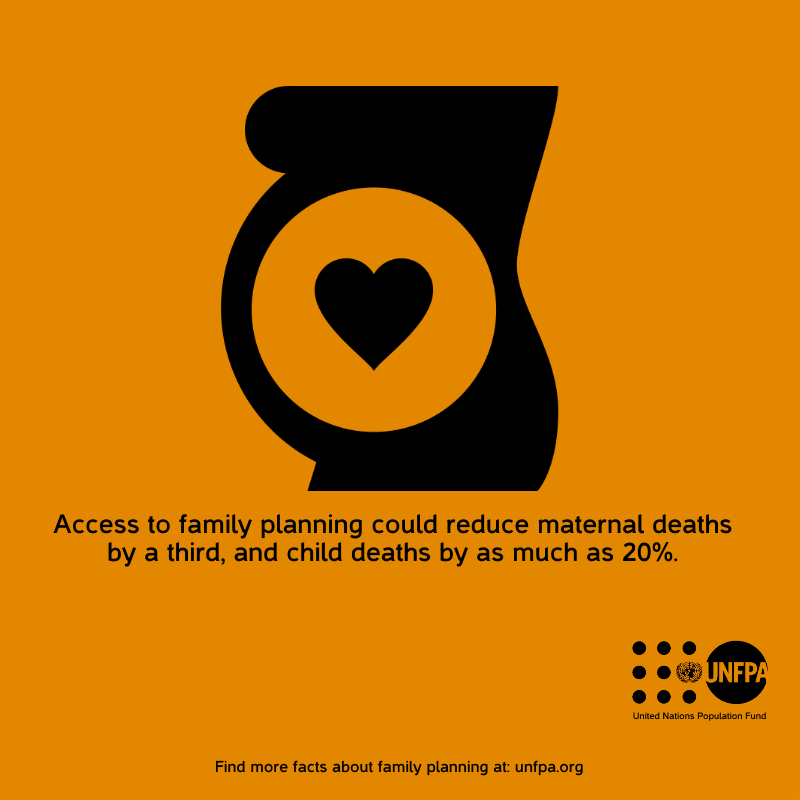Dr. Natalia Kanem
Acting Executive Director
UNFPA, the United Nations Population Fund
11 July 2017
Fifty years ago today, the then-Secretary-General of the United Nations established UNFPA, the United Nations Population Fund, as a trust fund. And since 1969, when UNFPA began operations, it has been helping to remove obstacles to family planning and to enable women to exercise their reproductive rights. UNFPA contributed to a near doubling of modern contraceptive use worldwide, from 36 per cent in 1970 to 64 per cent in 2016.
Despite the dramatic progress, enormous challenges remain: some 214 million women in developing countries lack safe and effective family planning methods. Most of these women live in the 69 poorest countries. Fulfilling their unmet demand would save lives by averting 67 million unintended pregnancies and reducing by one third the estimated 303,000 annual maternal deaths.
Better reproductive health care, including voluntary family planning, can bolster economies and contribute to sustainable development by empowering women to complete their education, join the paid labour force, be more productive in their jobs, earn higher incomes and increase savings and investments. In addition, for each additional dollar spent on contraceptive services above the current level, the cost of pregnancy-related care is reduced by $2.30.
Investments in family planning help lead to prosperity for all.
Family planning, therefore, is critical to achieving Sustainable Development Goal 1, to end poverty. It is also key to achieving other Goals, such as ending hunger as well as promoting good health and gender equality.
UNFPA has set an ambitious, transformative goal to eliminate all unmet demand for family planning by 2030. On this World Population Day, we call on all governments and stakeholders to help achieve this goal. UNFPA also calls on the 179 governments that endorsed the Programme of Action of the 1994 Cairo International Conference on Population and Development to fulfill their commitments to achieve universal access to sexual and reproductive health, including voluntary family planning. Not only is this a matter of protecting health and rights, but it is also a matter of investing in economic development as well as humanity’s prosperity and progress.


